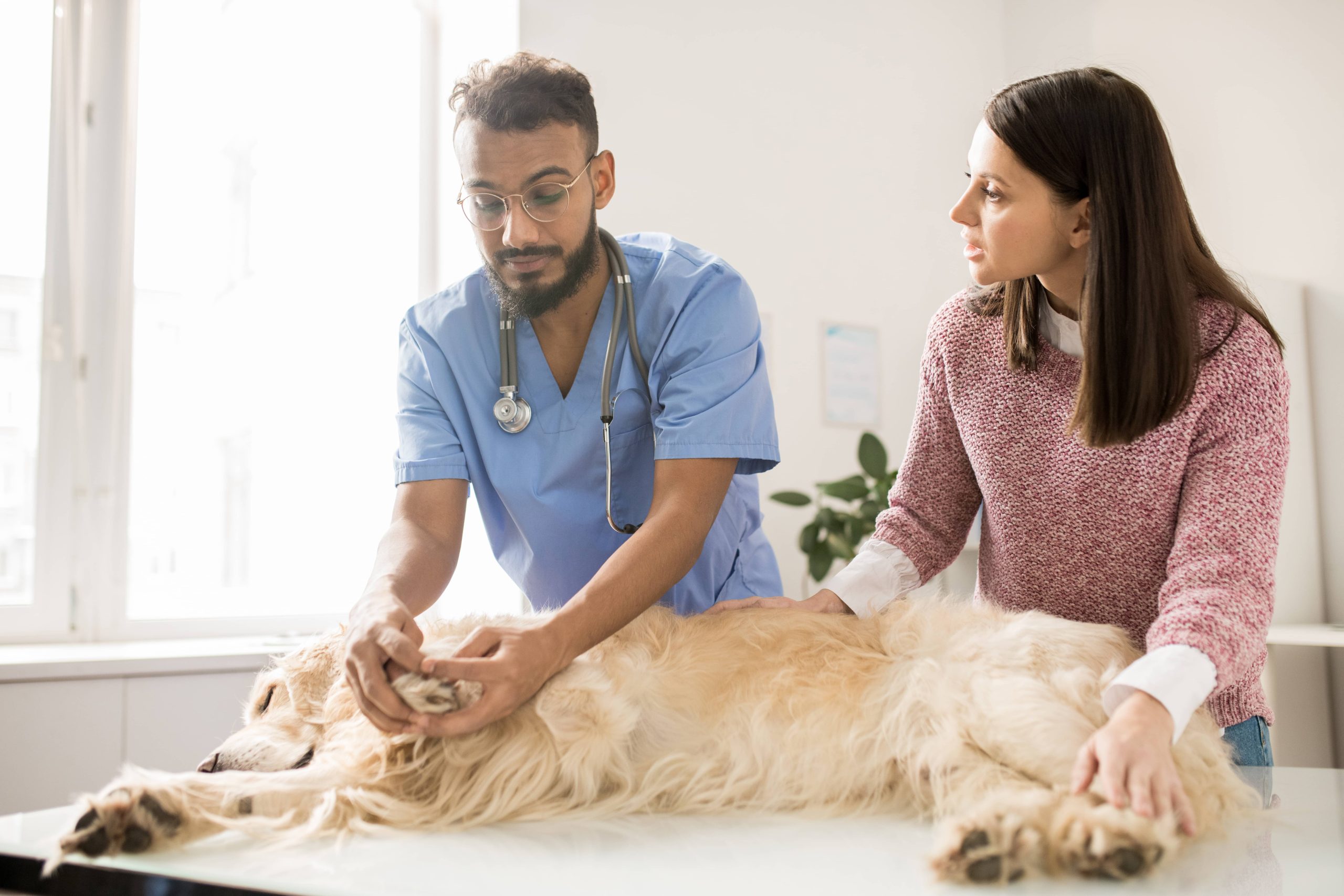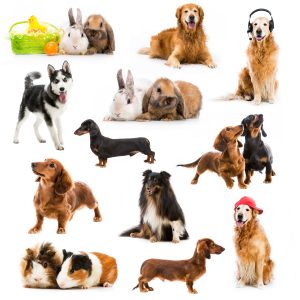
As pet owners, we often treat our furry friends as members of our families. We share our homes, our hearts, and sometimes, even our food with them. While sharing food with your pets may seem like a good way to treat them, it’s crucial to know that some human foods can be dangerously toxic to our beloved dogs and cats. Understanding what foods to avoid can help keep your pets healthy and safe.
Chocolate
Perhaps the most well-known toxic food for pets is chocolate. Chocolate contains theobromine and caffeine, both of which are toxic to dogs and cats. The darker the chocolate, the higher the concentration of these harmful substances. Even small amounts can cause vomiting, diarrhea, rapid breathing, increased heart rate, and seizures.
Grapes and Raisins
Grapes and raisins might seem like a harmless snack, but they are incredibly toxic to dogs and cats. Ingesting even a tiny amount can lead to kidney failure. Symptoms of grape or raisin toxicity include vomiting, lethargy, and abdominal pain. It’s important to store these fruits out of reach of your pets to avoid accidental ingestion.
Onions and Garlic
Onions and garlic contain compounds that can damage the red blood cells in dogs and cats, leading to anemia. Both raw and cooked onions and garlic are harmful, as well as powder forms found in some foods. Symptoms of toxicity include weakness, vomiting, breathlessness, and a reduced appetite. It’s important to avoid feeding your pets any foods seasoned with these ingredients.
Alcohol
Alcohol has a much more significant effect on pets than it does on humans. Ingesting alcohol can cause severe liver and brain damage. Even small amounts can lead to vomiting, diarrhea, difficulty breathing, tremors, and in severe cases, death. Be cautious with alcohol-containing foods and drinks around your pets.
Xylitol
Xylitol is a sugar substitute commonly found in sugar-free gum, candies, and some baked goods. While it is safe for humans, it can cause a rapid release of insulin in dogs, leading to low blood sugar, seizures, and liver failure. Symptoms of xylitol poisoning include vomiting, loss of coordination, and lethargy. Always check ingredient labels to ensure products are free from xylitol before sharing them with your pets.
Avocado
Avocado contains a substance called persin, which is toxic to dogs and cats. Persin is found in the leaves, fruit, seeds, and bark of avocados. Ingesting avocado can cause vomiting, diarrhea, and myocardial damage. It’s best to avoid feeding avocados to your pets and ensure they cannot access any avocado plants you might have at home.
Macadamia Nuts
Macadamia nuts are highly toxic to dogs. Just a small quantity can cause symptoms such as weakness, depression, vomiting, tremors, and hypothermia. The mechanism of their toxicity is not well understood, but dogs should never consume macadamia nuts or foods containing them.
Dairy Products
While not toxic in the strictest sense, many pets are lactose intolerant, meaning they lack the enzyme necessary to digest lactose found in dairy products. Feeding dairy can lead to stomach upset, including gas, diarrhea, and discomfort. It’s best to avoid giving your pets milk, cheese, or other dairy products unless specifically designed for them.
Caffeine
Caffeine is found in coffee, tea, soda, and some energy drinks. It acts as a stimulant, affecting the nervous system and heart. Ingesting caffeine can cause restlessness, rapid breathing, heart palpitations, muscle tremors, and even death in severe cases. Ensure your pets don’t have access to caffeinated beverages or foods.
Yeast Dough
Unbaked yeast dough can be hazardous if ingested by dogs or cats. Yeast dough can rise and expand in your pet’s stomach, causing severe pain, bloating, and potentially life-threatening complications. Additionally, as the yeast ferments, it produces alcohol, which can lead to alcohol poisoning. Always keep raw dough out of reach of your pets.
Bones
While cooked bones might seem like a treat for dogs and cats, they can splinter and cause choking or severe damage to the digestive tract. Raw bones are safer but should be given with caution and under supervision to prevent any potential issues.
Fat Trimmings and Grease
Feeding your pets fat trimmings from meat or greasy leftovers can lead to pancreatitis, a painful and serious inflammation of the pancreas. Symptoms of pancreatitis include vomiting, diarrhea, abdominal pain, and lethargy. It’s best to avoid sharing fatty foods with your pets.
Salt
Salt, found in many snack foods like chips and pretzels, can lead to sodium ion poisoning in pets. Symptoms include vomiting, diarrhea, tremors, elevated body temperature, and seizures. Ensure your pets never have access to salty snacks or foods.
Cooked Bones
Cooked bones present a variety of dangers, such as splintering and causing internal injuries. They are also a choking hazard and can lead to blockages in your pet’s digestive system. Stick to pet-safe chew toys and treats.
Raw or Undercooked Meat, Eggs, and Fish
These foods can contain bacteria like Salmonella or E. coli, which can make pets seriously ill. Raw fish can also carry parasites that cause “fish disease” or salmon poisoning disease.
In conclusion, while it may be tempting to share your favorite foods with your pets, it’s crucial to be mindful of the potential dangers certain foods pose. Always keep harmful foods out of reach, supervise your pets, and stick to pet-safe treats. If you suspect your pet has ingested a toxic substance, contact your veterinarian or an emergency pet care facility immediately. Your vigilance can help ensure that your furry friends lead happy, healthy, and safe lives.






